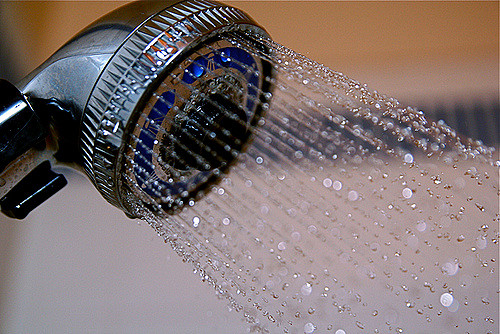Recently my wife and I are have been talking about visiting California with our kids next year.
I started to teach my kids English since May last year. We have already completed the first English textbook. Therefore, they can speak a little English a little. But that is It’s not enough ability to communicate with native English speakers.
A few days ago, I introduced showed them an English textbook which I have used for a long time.
Then, they started practicing English in the same way I did.
They read aloud the first group of English sentences around 30 or 40 times so far.(I require them to read each group at least 80 times)
“How do you say 毎朝、私はシャワーを浴びます in English?”I said to my son in the living room this morning.
“I take a shower every morning!” my son quickly answered.

“Can you say this in English ?私は毎週木 経済学を教えています” I asked another question.
“I teach economics every Thursdays!” he immediately answered.(although he has never taught economics in his life lol)
My wife heard him answer. That quite surprised her.
My son seemed that he was satisfied pleased with her surprised face.
If they continue this learning method, I`m sure that they will be much more fluent in English than I am.






























No comments yet.